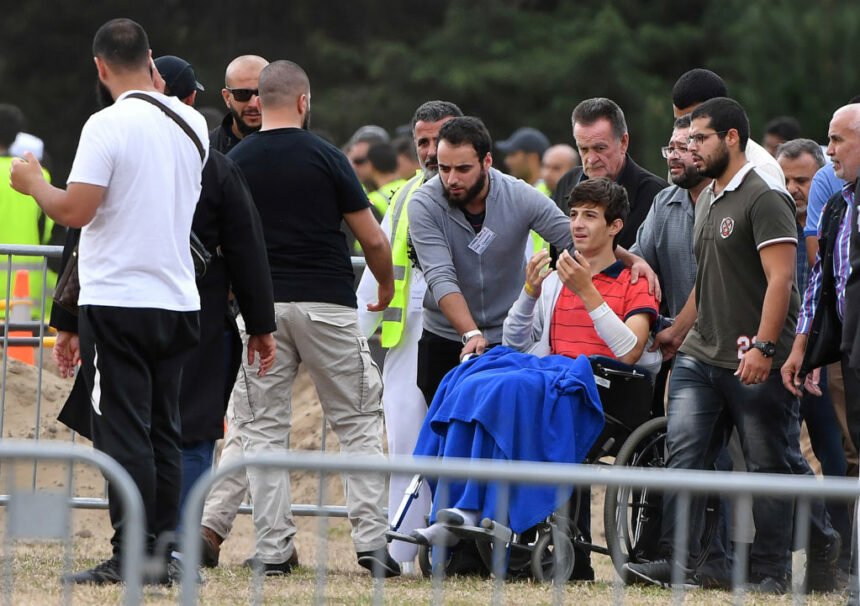The conviction and life sentence of a self-described white supremacist who massacred 51 Muslim worshipers at two Christchurch mosques in March 2019 have been appealed.
A representative for the Court of Appeal in Wellington, the nation’s capital, informed several New Zealand media sources on Tuesday that no date has been set for the case.
The greatest mass shooting in New Zealand history—51 fatalities and 40 attempted murders—was committed at two Christchurch mosques by Brenton Tarrant, who was 29 at the time. Tarrant was given a life sentence without the possibility of parole in August 2020.
It was the first time a person has been given a life sentence by a New Zealand court.
Given the seriousness of the crime, the judge, Cameron Mander, said he was delivering the harshest sentence imaginable.
“Your crimes are so wicked, that even if you are detained until you die it will not exhaust the requirements of punishment and denunciation,” Mander stated at the time.
According to Tarrant’s then-attorney Tony Ellis, in November 2021, the shooter was thinking about appealing the decision. He claimed his guilty plea had been coerced and that he had experienced “inhuman and degrading treatment” while being jailed on remand.
Armed with military-style semi-automatic rifles, the Australian citizen attacked the mosques, opening fire indiscriminately on Muslims assembled for Friday prayers while live streaming the murders on social media.
Mucaad Ibrahim, a 3-year-old Somali child born in New Zealand to parents from that country, was the youngest victim. The oldest was Muse Awale, a former teacher of religious studies, who was 77 years old.
The attacker was only seeking attention, according to Temel Atacocugu, who was shot nine times throughout the attacks.
“I would like to tell him, grow up, be a man and die quietly in jail because that is what you deserve,” Atacocugu told the media.
“I saw him when he shot me. If he is thinking he shouldn’t be in jail forever or die in jail, he is just dreaming.”
After the incident, New Zealand acted immediately to outlaw the sale of assault rifles and semi-automatic firearms. It also strengthened its rules against hate speech and toughened the penalties for encouraging discrimination and hatred.
An investigation into the deaths came to the conclusion that intelligence agencies could not have been informed of an impending attack because they had concentrated their attention primarily on the “danger of Islamist extremist” activities rather than on probing threats from the right.
When questioned about the gunman’s appeal request, New Zealand Prime Minister Jacinda Ardern reiterated her earlier vow not to mention him by name.
“His is a story that should not be told and his is a name that should not be repeated and I am going to apply the same rule in commenting on his attempt to re-victimise people,” Ardern stated.
“We should give him nothing,” she added.












